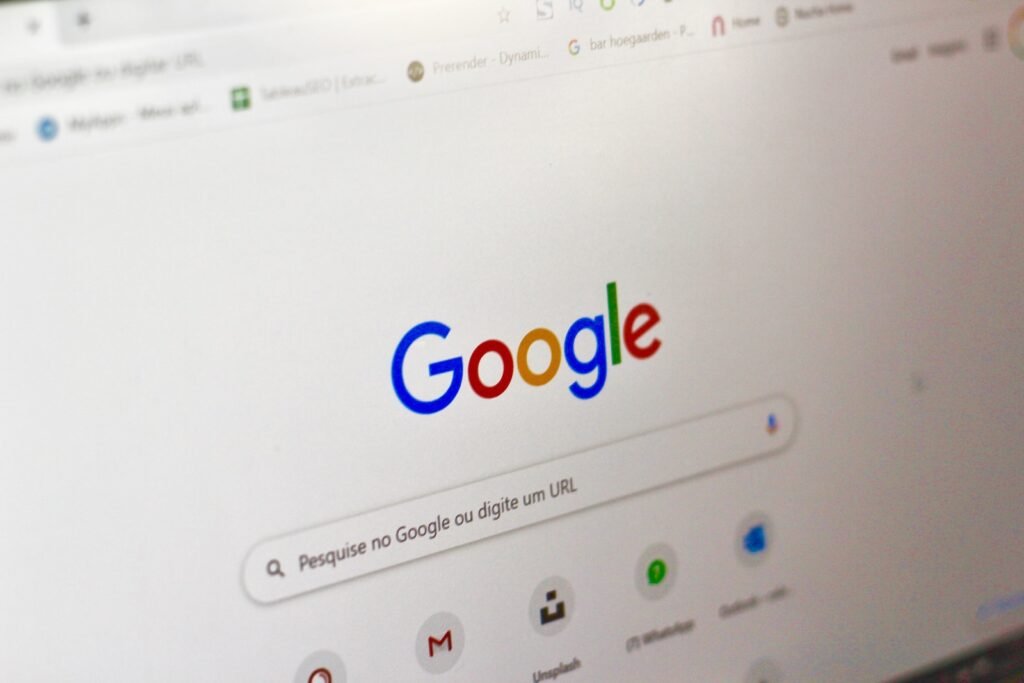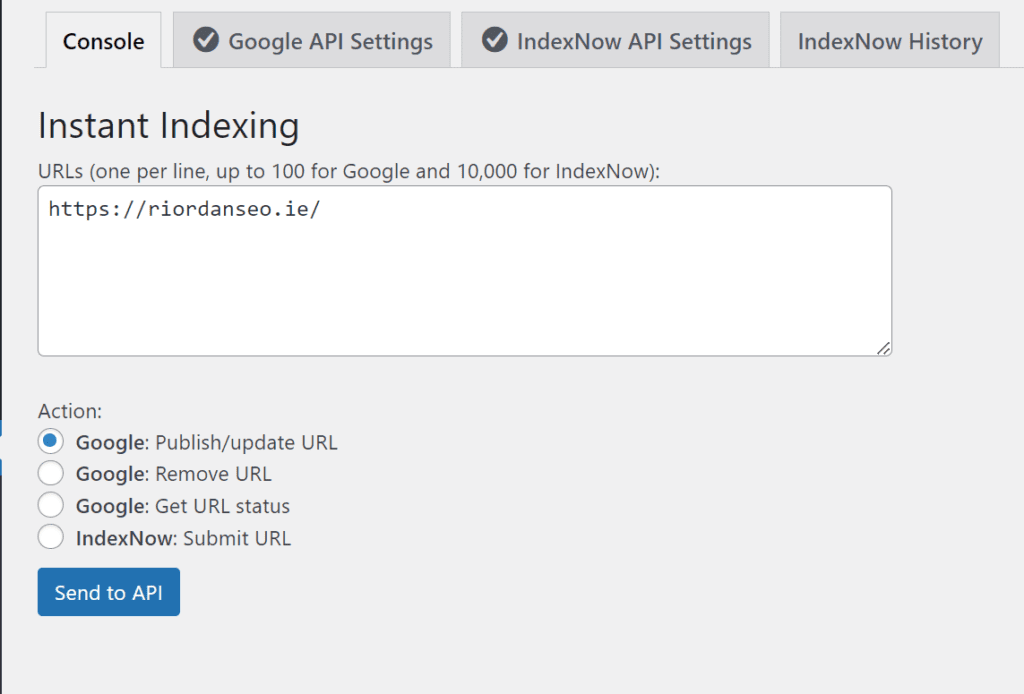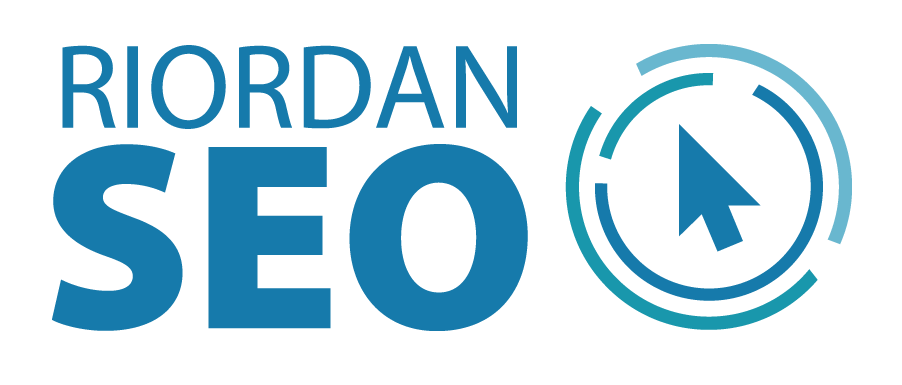How Long Does Seo Take To Work
The timeframe for SEO results can differ widely, influenced by factors such as your website’s age, keyword competition, available SEO resources, strategy quality, and execution efficiency.
How long SEO takes to work, generally spans between 3-6 months.
Ahrefs conducted a survey with around 4,300 participants from LinkedIn and Twitter, revealing that most observed SEO success either within 1-3 or 3-6 months. Fewer reported seeing results within 6-9 months or beyond a year. Ultimately, the exact timeline varies, underscoring the bespoke nature of SEO outcomes.
Key Takeaways
Contents
- The time it takes for SEO to show results can vary and there’s no definitive timeframe.
- Factors affecting how long SEO takes to work include the website’s age, competition for keywords, available resources, and the execution of a well-planned strategy.
- Older websites with more backlinks and content tend to have an advantage in ranking.
- Highly competitive keywords may require more time and effort to rank for, while targeting less competitive keywords can yield faster results.
- How To Speed up the process
Why Does SEO Take So Long?
SEO optimization is a long process due to several factors including the difference between new and old websites, the level of competition, the resources at one’s disposal, the strategy developed, and the execution of the plan.
Generally speaking, old websites tend to have more backlinks, content, and higher rankings, while newer sites require more effort and resources to rank.
Additionally, a keyword’s difficulty will determine the competition level, which could increase the time it takes for SEO to show results.
It is also important to consider the resources available to the website, such as hiring content writers, investing in SEO tools, or creating a link-building team.
Finally, a well-crafted and implemented strategy should be considered when determining how long SEO will take to work.

1. Comparing the New and Old Websites
Generally, older websites possess more authority, links, pages, and content, and thus have the ability to rank for more keywords than newer websites. This is because they have been around for longer and have had more time to build up these resources.
As a result, SEO for older websites can be done more quickly and with fewer resources than SEO for newer websites. Additionally, SEO for new websites may be hindered if Google imposes a “sandbox”, which prevents new websites from ranking.
On the other hand, SEO for a new website can be done more effectively if the competition is less intense. For instance, if targeting a keyword with a high Keyword Difficulty score, it may take a longer time to rank. However, targeting a keyword with a low Keyword Difficulty score will be much easier for a new website to rank.
Finally, the resources that are dedicated to SEO will also determine how long it takes to see results. If more resources are allocated towards SEO, such as hiring content writers or investing in SEO tools, then the process of SEO will be much faster. Similarly, a good strategy is essential for successful SEO, as it will lay the foundations for efficient execution.
2. Evaluating the Competition
Competition is critical in determining the duration of SEO results, as targeting highly contested keywords will require more time and effort to achieve desired outcomes.
For instance, the keyword “seo” has a Keyword Difficulty (KD) score of 97, indicating high competition. Pages ranking for this term have tens of thousands of backlinks, making it difficult to compete for the keyword.
Alternatively, “seo for startups” has a KD score of 22 and is much easier to rank for. Ahrefs ranks first for this term, illustrating the success of targeting lower competition keywords.
In addition, tools like Ahrefs’ Keywords Explorer allow users to easily identify keywords with lower difficulty scores. This allows for a strategic approach to targeting keywords, saving time and resources.
Ultimately, competition is an essential factor to consider when evaluating SEO strategies.
3. Assessing Resources
The resources available to a business can greatly influence the timeline for SEO success. A company’s resources can mean the difference between success and failure when it comes to SEO.
If a business has the resources to invest in content creation, link building, SEO tools and personnel, their progress will be faster and more efficient than businesses with fewer resources. However, even businesses with limited resources can produce successful SEO campaigns with careful planning and execution.
Having the right strategy is just as important as having the necessary resources; if a business targets low-competition keywords and focuses on providing quality content, they can still achieve success.
Finally, consistent execution is essential for success in SEO; even with the best resources and strategies, a business won’t see results without taking action.
4. Developing a Strategy
Formulating an effective SEO strategy can play a key role in determining the timeline for achieving desired results.
A good strategy should identify:
- The keywords that are important to target
- Keyword difficulty should be considered
- Competing websites should be assessed
- Resources available
- Time and personnel available
- Budget for tools and services
- Execution plan
- Steps involved
- Timeframes for completion
These factors should be weighed up carefully and a strategy adapted to the circumstances.
By having a clear plan of attack, the SEO process can be more efficient and effective.
5. Implementing the Plan
Once a strategy has been devised, it is essential to implement the plan in order to realize the desired results. To do this, the resources available need to be identified and utilized.
This could involve hiring content writers, investing in SEO tools, and creating a link building team. After this, the strategy needs to be consistently executed in order to see results.
Quality is also key as Google will prioritize indexing content from higher quality sites. It is also important to avoid using unnecessary URLs, such as infinite calendar URLs or filters for category pages.
Finally, linking to new pages prominently within the website can speed up indexing. All of these steps are essential for successful SEO implementation.
How long does it take Google to update seo work complete
Google can take several hours to several weeks to index new content or updated content, depending on technical issues and the workload of GoogleBot. Google’s John Mueller has stated that indexing a website could take several hours to several weeks, though this does not guarantee that the website will rank prominently.
Technical issues with a website can slow down the indexing process, while GoogleBot being busy with other tasks can also delay it. Additional measures to speed up indexing include making the server and site faster, prominently linking to new pages, avoiding unnecessary URLs, and using URL submission methods such as sitemaps.
Quality is a significant factor, too, as Google prioritizes indexing and ranking higher-quality websites over lower-quality ones.
Ways to speed up Google indexing of new content
To accelerate the indexing of new content, several measures can be employed.
Preventing server overload by making servers and sites faster, linking to new pages prominently, and avoiding unnecessary URLs are all recommended.
Instead of waiting for search engines to crawl your pages or new content, URL submission methods such as URL inspection tool in GSC and Bing should be used.
Quality is paramount; Google will prioritize indexing and ranking content of a higher quality. Now that we have entered the world of AI, there’s too much content being published online. Average content may get deindexed. This means only quality content will be included and the standard expected will be higher.
If you have WordPress, then download instant indexing foe Google and Bing. This will instantly ping your new content to search engines every time you publish or update.

Rank Math instant indexing is a must-have as it automated this process for you. Thus leading to a faster process ranking your website
Ultimately, the most important thing to do is to make the site “fantastic” for its users.
Why search intent and user experience are crucial for 2024
Building on the previous subtopic, it is essential to note that indexing speed is not the only factor to consider regarding SEO.
In 2024, search intent and user experience will be even more crucial for SEO success.
Search intent refers to the searcher’s purpose and what they are looking for when they type in a query.
User experience is how the searcher perceives the website, from the speed of the page to how the content is presented.
Both of these elements play an important role in SEO, as they help determine whether a website is valuable and relevant for the query.
Optimizing for both search intent and user experience can help to improve rankings and increase organic traffic.
Is it harder the rank content in 2024?
As competition for organic search rankings increases, content creators must take extra care to ensure that their content is optimized for search intent and user experience to succeed in 2024.
The SGE, by bringing AI into the picture more prominently, does not dilute the importance of SEO but rather redefines it. SEO practitioners must be adaptable, learning to embrace this change and understand how to optimise for it.
It’s crucial to realise that visibility on search engines will no longer solely be about keyword optimisation or backlink strategies. Instead, the content will need to be clear, concise, and factually rich enough for AI to parse, understand, and use as a reliable answer for users’ queries.
Comprehensive, authoritative, and well-structured content will become even more significant. Strive for content that can stand alone as a valuable resource, aiming to answer relevant queries within your content effectively and thoroughly.
Additionally, credibility will play a major role. For AI to consider content as a source for generating answers, it must view it as reputable. Therefore, maintaining high-quality inbound and outbound links, along with a clean, spam-free website, will be paramount.
Finally, remember that the meta descriptions, title tags, and headers will continue to play crucial roles in SEO. They will be key factors in helping AI understand the context and relevance of your content.
Frequently Asked Questions
What are the most important things to consider when doing SEO?
The most important things to consider when doing SEO are website age, competition, resources, strategy, and execution. Having a detailed plan and investing in resources to increase efficiency will help achieve faster results. Quality is also key, so make sure the site content is of high quality.
What is the best way to optimize content for SEO?
Optimizing content for SEO involves ensuring that the content is well-structured, keyword-rich, and of high quality. It should also feature internal links, external links, and meta tags. Additionally, optimizing for user experience and search intent should be considered.
What are the best SEO tools to use?
To optimize content for SEO, the best tools to use include Ahrefs, SEMrush, Moz, Screaming Frog, and Google Search Console. These tools can help identify keyword opportunities, provide keyword research, track rankings, and analyze website content.
Is SEO worth the cost and effort?
SEO can be a cost and effort-intensive strategy, but the potential rewards can be substantial. A well-executed SEO strategy can increase website visibility, organic traffic, and potential leads. The costs and effort vary depending on the competition and resources available.
How often should I update my SEO strategy?
SEO strategies should be regularly updated to ensure relevance and effectiveness. It is important to stay up-to-date with the latest trends and Google algorithm changes to maximize visibility and maintain a competitive edge.
Conclusion
SEO requires time and effort to yield results, and the timeline depends on a variety of factors such as the website’s age, the level of competition, available resources, the quality of the SEO strategy, and the level of execution.
Google’s John Mueller has stated that indexing a website can take several hours to several weeks. To accelerate indexing, it is important to ensure the website is of high quality, prevent server overload, and use URL submission methods like sitemaps and the URL inspection tool.
Ultimately, SEO takes time, but with the right approach and execution, results can be achieved in a timely manner.




